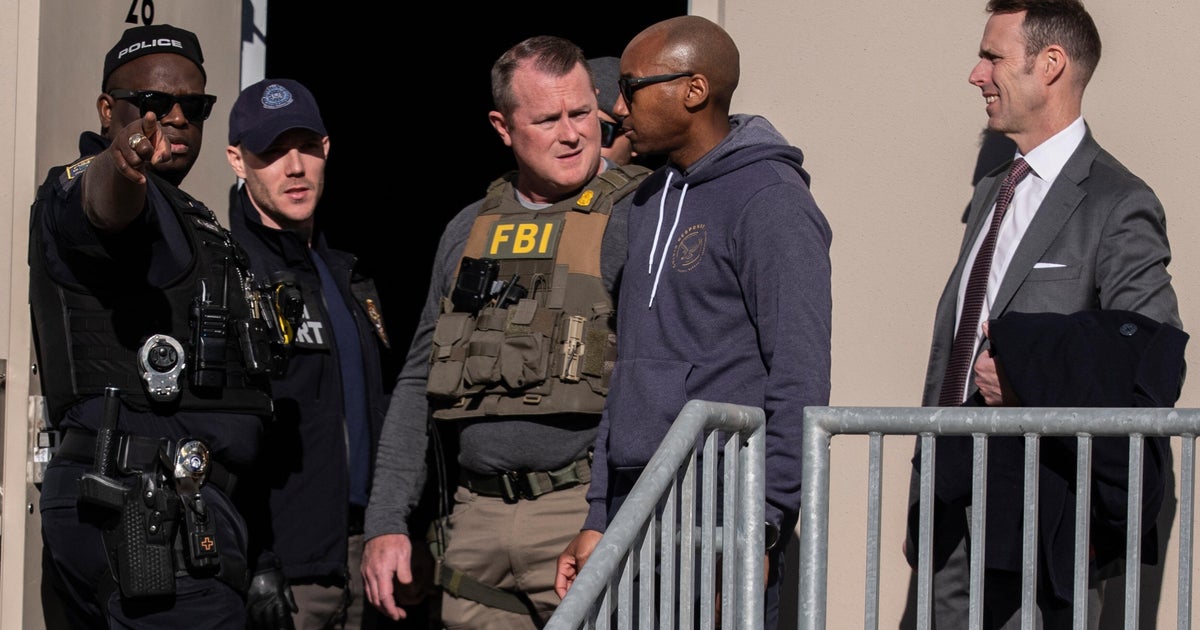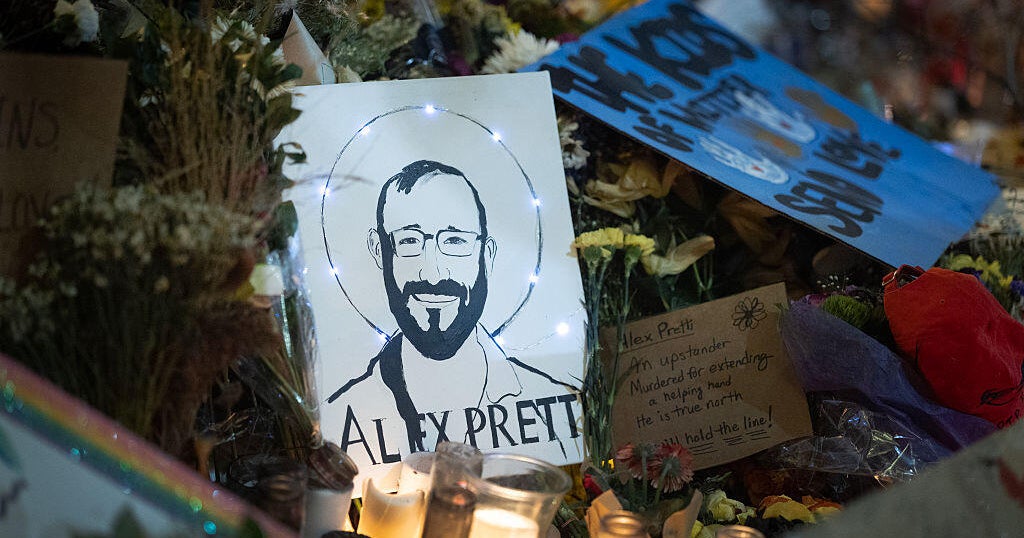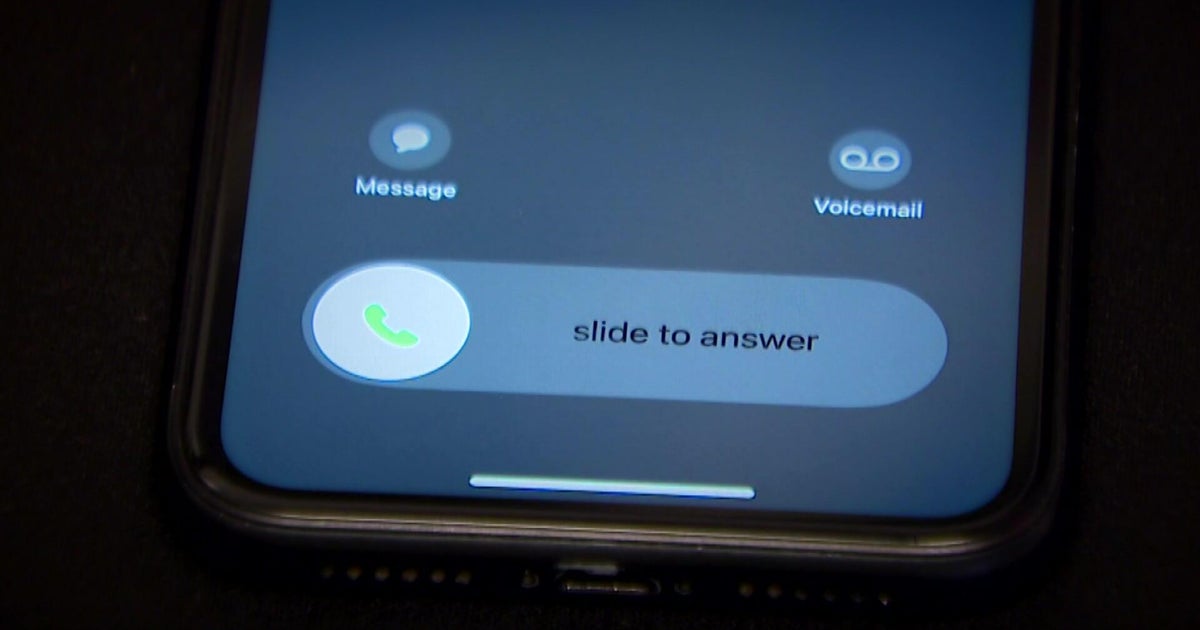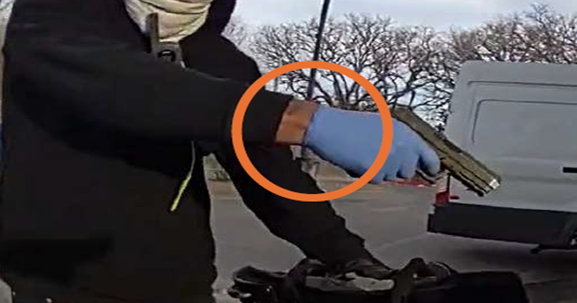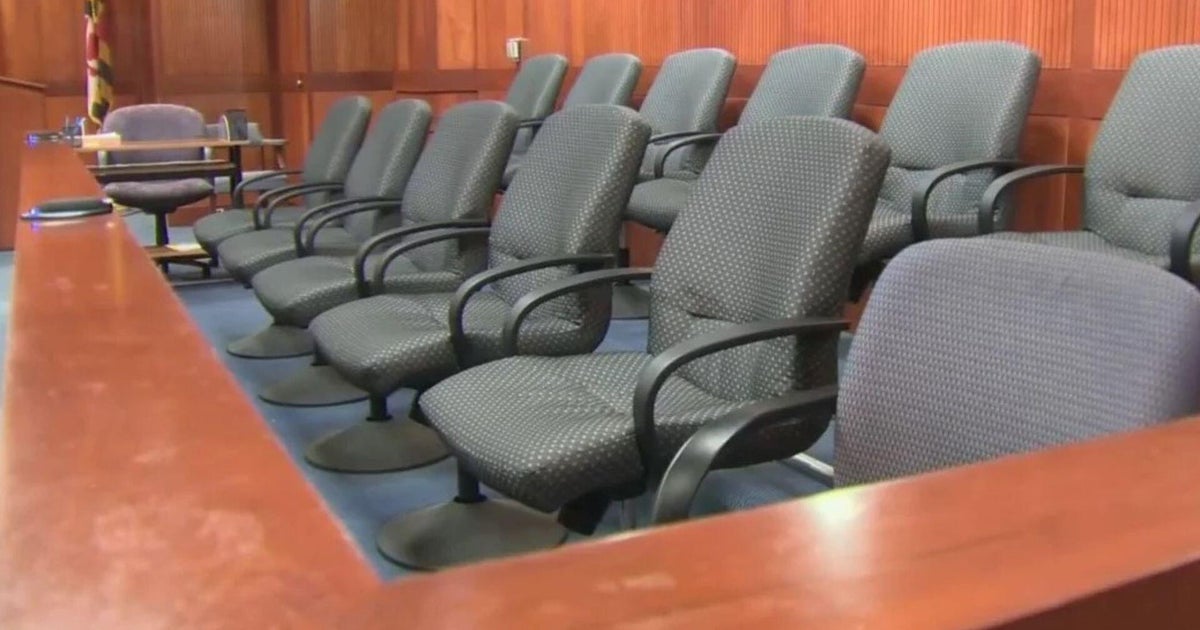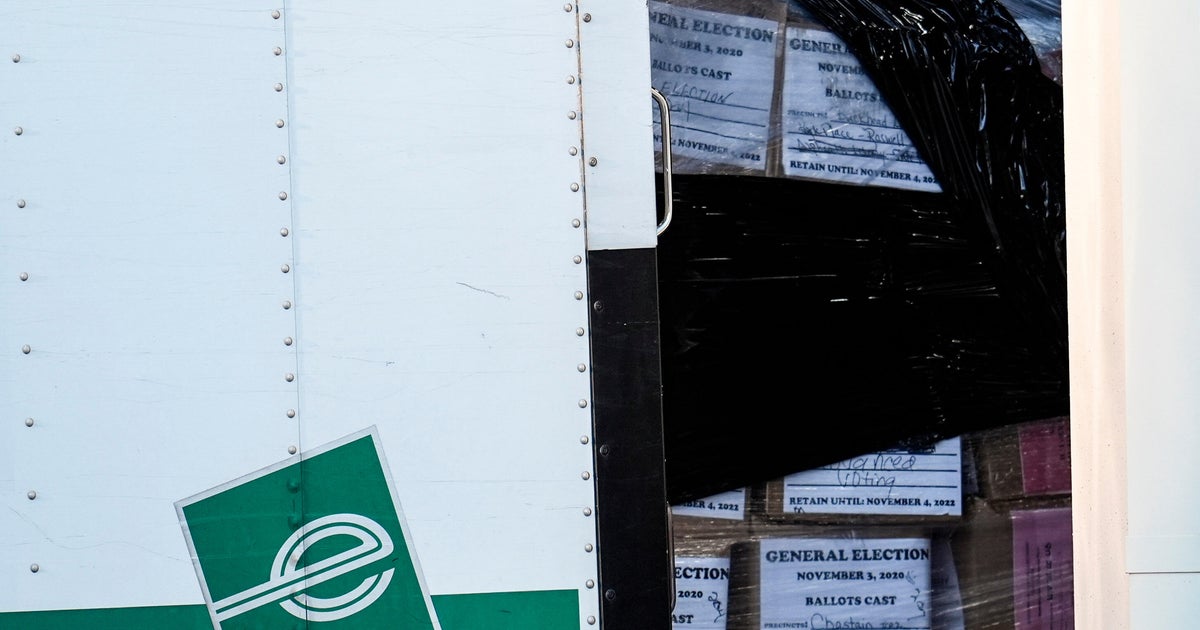FBI: Cryptocurrency scams cost Americans $1 billion in 2021
PITTSBURGH (KDKA) - Cryptocurrency is a new type of digital money used entirely online, but the FBI estimates 24,000 Americans got caught up in scams involving it just last year alone. The cost? Nearly $1 billion dollars of regular peoples' hard-earned money.
KDKA Investigator Meghan Schiller talked to FBI Pittsburgh about how its special agents are prepared to help as more people start to take a gamble with cryptocurrency.
It's popular and just about everywhere around southwestern Pennsylvania. In the South Side at Carson News and Lottery, you can snag a pop and some crypto.
"It's like the Wild, Wild West of crypto," said Zach Churchill of Carson News and Lottery. "Scan your wallet right here, click on whatever crypto you want and it will put it right on your wallet."
But with easy access to money unregulated by any bank or government comes risk.
"Victims lose anywhere from a few hundred dollars to a few million dollars and if you can imagine, these scams and schemes usually involve a large number of individuals so you may have a group of victims spread out across the country," said Supervisory Special Agent Eric Yingling with FBI Pittsburgh.
He's FBI Pittsburgh's "crypto expert" and he says criminals seeking crypto don't need to think outside the box.
"Oftentimes it's really traditional scams and schemes we've seen for years just perpetrated with a sort of cryptocurrency twist," he said, from "get rich quick" investment scams, to lottery scams, to the age-old kidnapping and romance scams.
"A victim of a romance fraud may be encouraged to go and send funds from the victim to the subject overseas and the quickest and easiest way to do that may be to travel to their local gas station and put currency and transmit it, and those funds are internationally moved instantly," said Yingling.
The digital money is gone in a flash and there's no customer service number or bank to call to complain. The scammers and hackers target both regular people and big businesses.
"Because as the sort of growth of the industry occurs, it also opens a whole bunch of opportunities for bad actors to exploit peoples' interest in it, but also to use it for nefarious purposes. So as that technology evolves, the FBI needs to evolve with it, and we are certainly taking steps to do exactly that," said Yingling, like the recently announced National Cryptocurrency Enforcement Team and the FBI's new Digital Currency Unit that will investigate all reports alleged victims submit to IC3.gov.
"None of us, myself included, would ever want to think of ourselves as victims of one of these scams, but it's equally important to report that to the FBI as quickly as possible because by reporting that it, it helps us to do our job quicker to hold those accountable and try to return victim funds," said Yingling.
Mike Smalley from West Mifflin just started using crypto, and he's already on the defense.
"I've steered clear of scams; I mean you get the scam emails, but generally the sites they're really secure, they're pretty good," said Smalley.
He's keeping the FBI's tips in mind:
* Double and triple-check website URLs and all hyperlinks
* Never share your wallet's private key or password
* Never send crypto payments to people you meet online
* Never trust anyone who asks for direct payments or offers investment opportunities
"The huge upside of the crypto like gambling, you can put a dollar in the slot machine and win 500 or 5,000, same with this, whereas in stocks you generally gradually increase over time like your investment 401Ks," said Smalley.
KDKA Meghan Schiller asked, "So, you're looking for the thrill?"
"Yeah, what the heck," said Smalley.
A thrill that Smalley knows could turn to theft with one wrong click.
"Don't put anything in that you intend to lose or can lose," he said.
